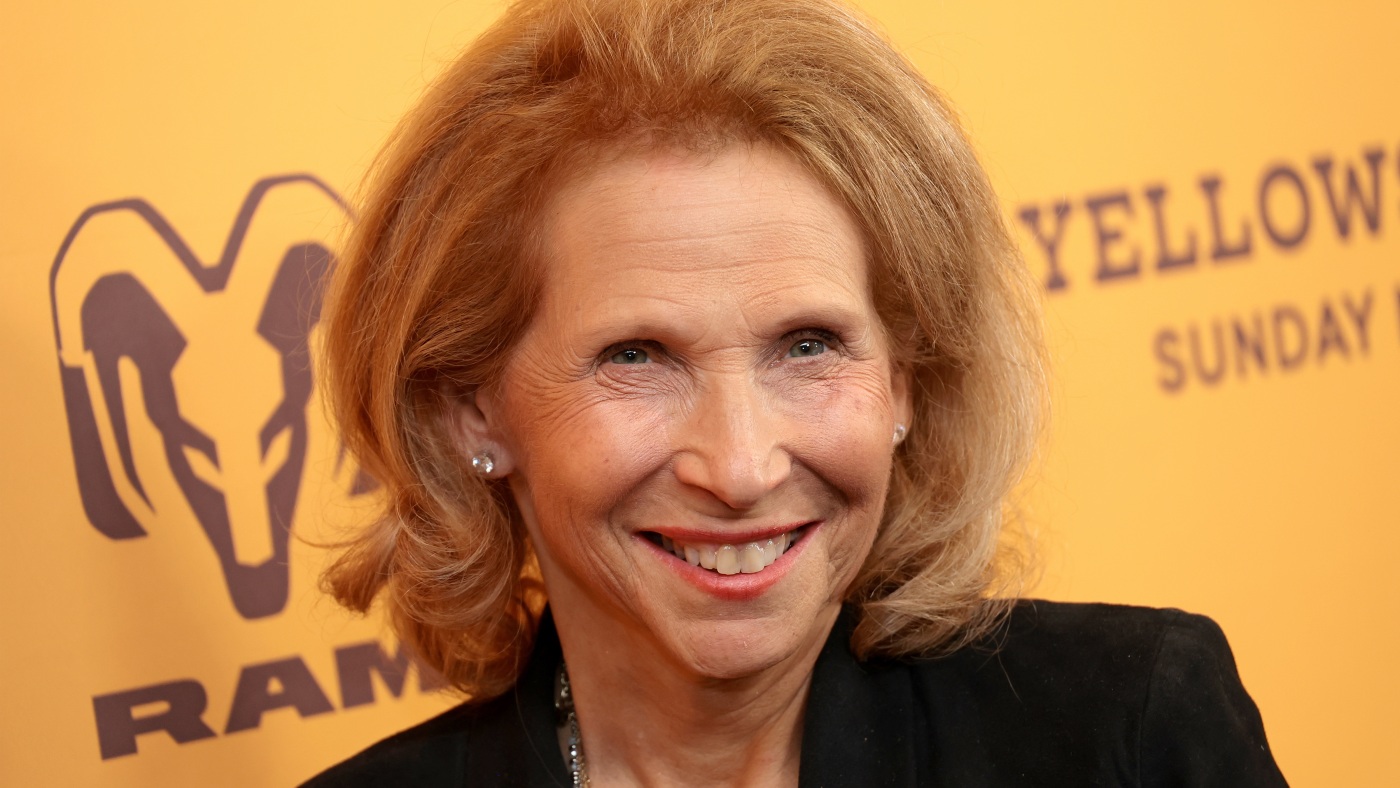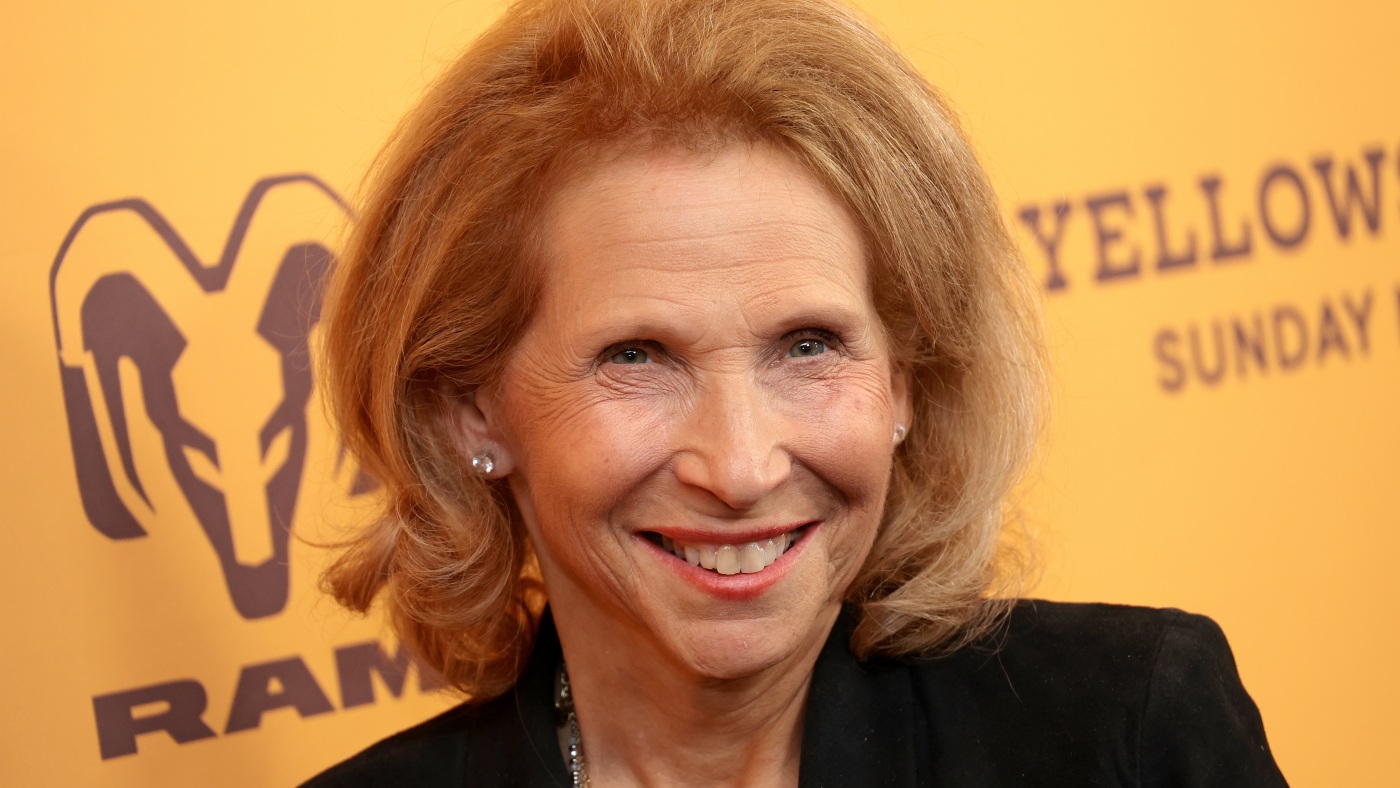The Paramount-Skydance Merger: A New Chapter Under Scrutiny
Introduction
The media landscape is constantly evolving, and the recent merger between Paramount Global and Skydance Media is a testament to this dynamic shift. Valued at approximately $8 billion, this deal has been approved by the Federal Communications Commission (FCC) under the Trump administration, marking a significant turning point for one of America’s major media networks. The merger brings together prominent entities like CBS, Nickelodeon, and Paramount Pictures under the Skydance umbrella, potentially reshaping the future direction and content of these beloved brands. However, the path to approval has been fraught with controversy, raising critical questions about editorial independence, diversity initiatives, and the influence of political settlements on media consolidation.
The Deal’s Key Components
The approved deal involves Skydance Media acquiring Paramount Global, a move that has far-reaching implications for the media industry. The FCC’s green light followed a rigorous review process lasting over 250 days. As part of the approval process, Skydance made several pledges to the FCC, including promises to showcase diverse viewpoints and address perceived bias in CBS’ news coverage. One of the most notable commitments was the undertaking to eliminate Paramount’s Diversity, Equity, and Inclusion (DEI) initiatives. Additionally, Skydance committed to installing an ombudsman at CBS News to address concerns about bias.
These commitments are significant, as they signal a potential shift in the way Paramount Global approaches its content and workforce. The elimination of DEI initiatives, in particular, has sparked considerable debate. Critics argue that dismantling these programs could negatively impact diversity and inclusion within the company’s workforce and content. The installation of an ombudsman, while intended to address bias concerns, could also be perceived as a form of censorship or undue influence on journalistic integrity.
Political Context and Controversy
The merger’s approval occurred against a backdrop of political tension and scrutiny. Paramount Global had recently settled a lawsuit with then-President Trump for $16 million, related to a *60 Minutes* interview with Kamala Harris. This settlement raised eyebrows and fueled speculation about whether Paramount was attempting to appease the administration to facilitate the merger’s approval.
Adding to the controversy, several senators voiced concerns about potential “improper conduct” by Paramount, suggesting that the company might have been moderating its content to secure the merger’s approval. These concerns stemmed from reports that Bill Owens, a former executive, may have influenced content decisions to curry favor with regulators. The timing of the settlement with Trump and the subsequent FCC approval led to accusations that political considerations played a role in the regulatory process.
The political context of the merger is particularly concerning, as it raises questions about the independence of the media and the potential influence of political considerations on regulatory decisions. The settlement with Trump and the subsequent approval of the merger have led to accusations of quid pro quo, with some suggesting that Paramount was willing to compromise its editorial independence to secure regulatory approval.
Skydance’s Promises and Their Implications
Skydance’s pledges to the FCC, particularly the commitment to eliminate DEI initiatives and install an ombudsman, have sparked considerable debate. The promise to showcase a diversity of viewpoints is a double-edged sword. While promoting a range of perspectives is generally seen as positive, concerns arise about how this will be implemented and whether it could lead to the amplification of misinformation or extremist views under the guise of “balance.”
The elimination of DEI initiatives could have long-term consequences for diversity within the company. It remains to be seen whether Skydance will implement alternative strategies to ensure representation and inclusion across its various platforms. The installation of an ombudsman, while intended to address bias concerns, could also be perceived as a form of censorship or undue influence on journalistic integrity.
The role of the ombudsman at CBS News will be crucial. The ombudsman’s actions could either enhance the credibility of the news organization by addressing legitimate bias concerns or undermine its independence by exerting undue influence on editorial decisions. The ombudsman’s role will be particularly important in the context of the political controversy surrounding the merger, as any perceived influence on editorial decisions could further erode public trust in the media.
The Future of Paramount Global
The merger between Paramount Global and Skydance Media has the potential to significantly reshape the media landscape. With new ownership, Paramount’s content strategy, programming, and editorial direction are likely to evolve. Skydance’s influence could lead to shifts in the types of shows produced, the talent hired, and the overall tone of CBS News.
The elimination of DEI initiatives could have long-term consequences for diversity within the company. It remains to be seen whether Skydance will implement alternative strategies to ensure representation and inclusion across its various platforms. The installation of an ombudsman, while intended to address bias concerns, could also be perceived as a form of censorship or undue influence on journalistic integrity.
The role of the ombudsman at CBS News will be crucial. The ombudsman’s actions could either enhance the credibility of the news organization by addressing legitimate bias concerns or undermine its independence by exerting undue influence on editorial decisions. The ombudsman’s role will be particularly important in the context of the political controversy surrounding the merger, as any perceived influence on editorial decisions could further erode public trust in the media.
A Shifting Media Landscape
The Paramount-Skydance merger reflects broader trends in the media industry, including consolidation, the rise of streaming services, and the increasing politicization of news. As media companies grapple with these challenges, they face pressure to adapt their strategies and navigate complex regulatory environments.
The deal underscores the importance of media ownership and its potential impact on the information landscape. With fewer companies controlling a larger share of the media market, concerns about diversity of voices and the potential for bias become even more pressing. The merger also highlights the need for robust regulatory oversight to ensure that media consolidation does not lead to a homogenization of content or a narrowing of perspectives.
A Legacy of Uncertainty
The approval of the Paramount-Skydance merger under the shadow of political settlements and concerns about content moderation leaves a legacy of uncertainty. While the deal promises a new chapter for Paramount Global, it also raises questions about the future of media independence, diversity, and the influence of political considerations on regulatory decisions. As the merger unfolds, it will be crucial to monitor its impact on the media landscape and hold those in power accountable for ensuring a fair, diverse, and independent press.
The merger also serves as a reminder of the importance of transparency and accountability in the media industry. As media companies continue to consolidate and navigate complex regulatory environments, it is essential that they remain committed to journalistic integrity and the public’s right to access a diverse range of perspectives. The Paramount-Skydance merger is a testament to the challenges and opportunities that lie ahead in the ever-evolving media landscape.








